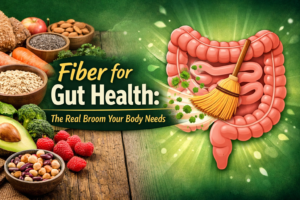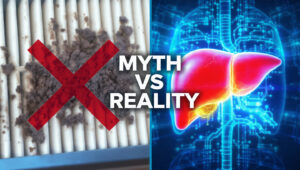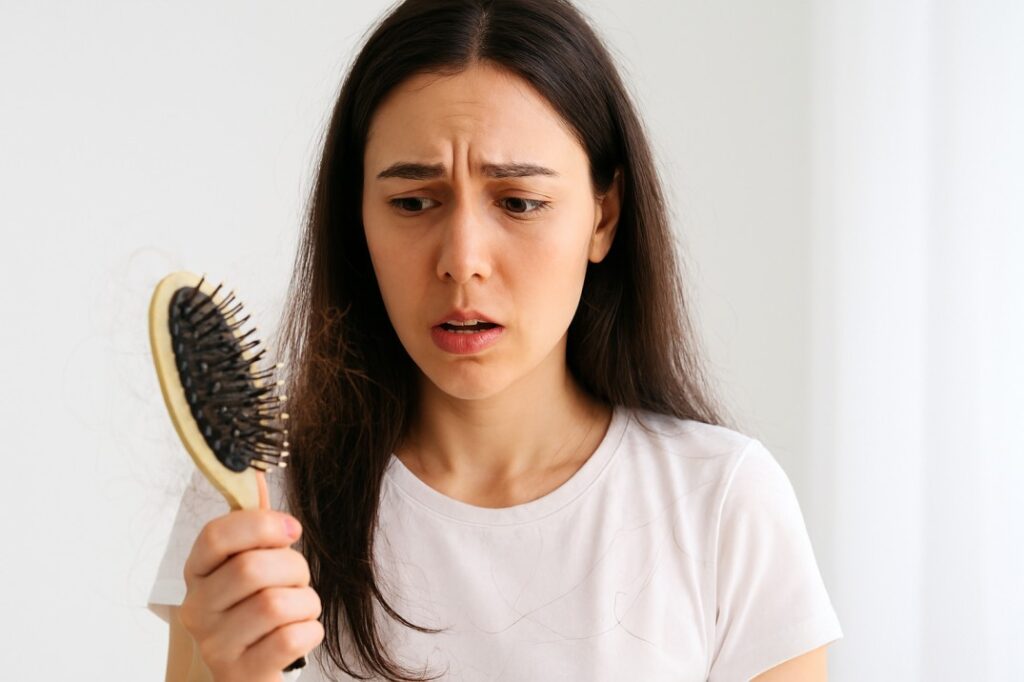
Causes of hair fall shown by hair on brush
Learn the main causes of hair fall linked to lifestyle mistakes. Simple tips, examples, and solutions are explained in easy words for healthy hair.
Introduction: Everyday Causes of Hair Fall
Hair fall is not always a result of age or family history. It is often caused by daily lifestyle mistakes that slowly damage hair. Many people feel shy to talk about hair problems, but the truth is that almost everyone faces them at some point.
When wrong choices are made in food, stress handling, or hair care, the health of the hair is affected. These mistakes may look small, but when repeated every day, they lead to weak, thin, and falling hair. The good news is that with small changes, the damage can be reduced and hair can be protected.
This article explains the five major lifestyle mistakes that cause hair fall and how simple changes can keep hair strong.
1. Skipping Meals – A Hidden Cause of Hair Fall
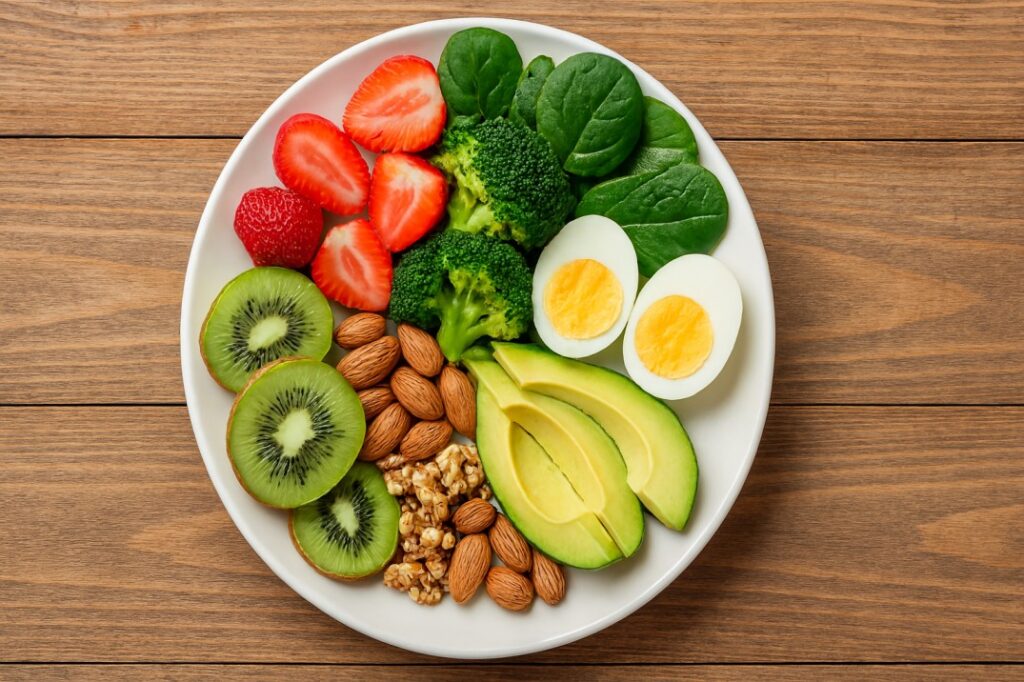
When meals are skipped or junk food is eaten instead of healthy food, hair does not get the nutrients it needs. Hair is made up of protein, and it requires iron, vitamins, and healthy fats to stay strong. Without these, hair becomes dry, dull, and weak.
For example, if someone skips breakfast regularly and only eats chips or fried snacks during the day, the body is left without important nutrients. After a few months, hair fall becomes visible.
How to Fix It
- Always eat balanced meals that include protein-rich foods like eggs, lentils, and nuts.
- Include leafy greens and fruits that provide vitamins and iron.
- Drink enough water with meals.
👉 Read more about foods for hair growth.
2. Letting Stress Take Over- A Hidden Cause of Hair Fall
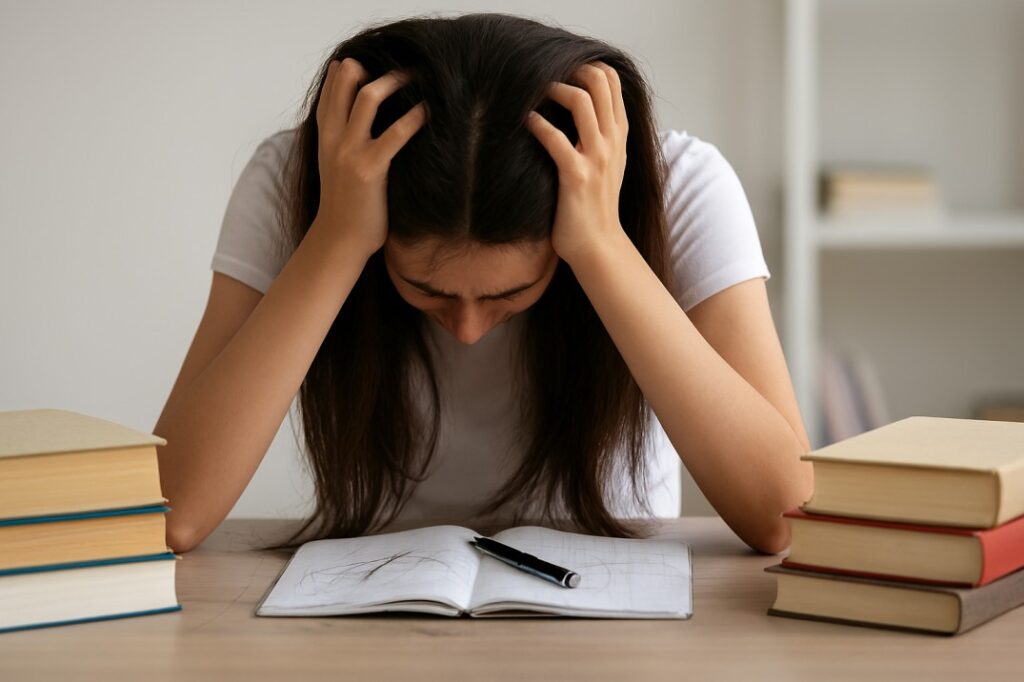
Stress is one of the silent causes of hair fall. When the mind is under pressure, the body releases stress hormones that disturb the natural hair growth cycle. Many people notice sudden hair fall after exams, work deadlines, or emotional struggles.
Chronic stress also increases inflammation and hormonal imbalance. These changes directly affect the roots of the hair.
Example: A student preparing for competitive exams may notice extra hair on the pillow or comb during high-stress months. This is not imagination. It is the body’s real reaction to stress.
How to Fix It
- Take short breaks during stressful work.
- Practice deep breathing or light exercise like walking.
- Talking to a friend or family member can also reduce stress levels.
👉 Learn about the link between stress and hair loss.
3. Excessive Styling and Heat Use- A Hidden Cause of Hair Fall
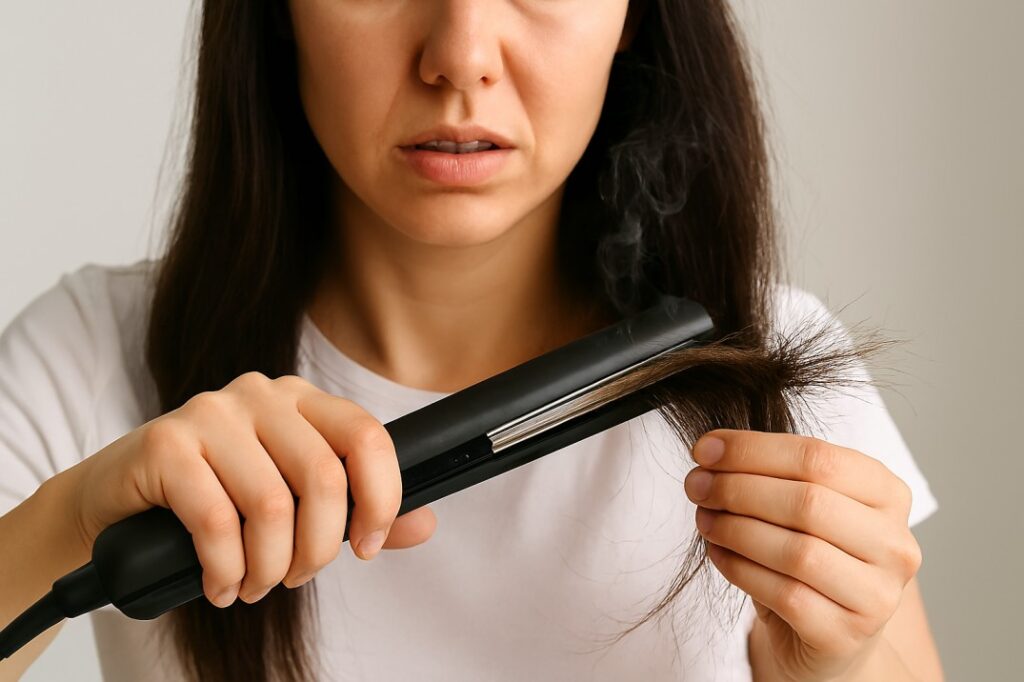
Modern styling tools like straighteners, curling irons, and blow dryers make hair look beautiful in minutes. However, regular use of these tools damages hair deeply. Heat removes natural moisture, leaving hair brittle. Chemical treatments like bleaching, coloring, or perming weaken the natural structure of hair, making breakage and hair fall more likely.
Example: If someone uses a straightener every morning before school or the office, the shine may look attractive at first. But after a few months, split ends and thinning hair appear.
How to Fix It
- Limit heat styling to special occasions.
- Always use a heat protectant spray before using hot tools.
- Give hair rest between chemical treatments.
- Let hair air-dry instead of blow-drying daily.
4. Washing Hair Too Often or Sleeping with Wet Hair
Washing hair daily may feel fresh, but it removes natural oils that protect hair. On the other hand, not washing enough allows dirt and oil to build up, blocking pores on the scalp. Both extremes lead to hair fall.
Sleeping with wet hair is another common mistake. Wet hair is fragile. When the head rubs against the pillow, strands break easily. Similarly, tying hair too tightly in ponytails or buns pulls on roots, leading to a condition called traction alopecia.
Example: A person who washes hair three times a day with harsh shampoo will soon notice roughness and shedding. Another who ties wet hair tightly before bed may face more breakage in the morning.
How to Fix It
- Wash hair every two to three days with a mild shampoo.
- Always dry hair naturally before sleeping.
- Choose loose hairstyles at night to avoid pressure on roots.
5. Not Drinking Enough Water- A Hidden Cause of Hair Fall
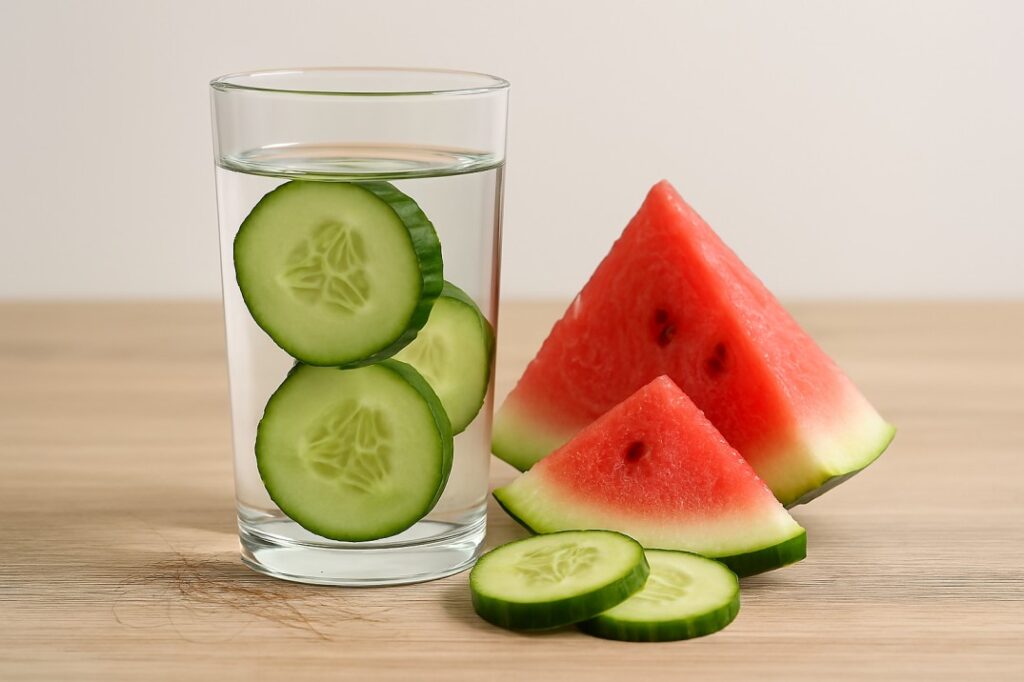
Dehydration affects the whole body, including hair. Hair needs hydration to remain flexible and shiny. When the body is dry, hair loses its glow and breaks easily. A dry scalp also prevents nutrients from reaching hair roots properly.
Example: Someone who drinks only one or two glasses of water in a day and prefers soft drinks may notice dry, frizzy hair with split ends.
How to Fix It
- Drink at least 7–8 glasses of water daily.
- Eat water-rich fruits like cucumber and watermelon.
- Avoid too many sugary drinks as they dehydrate the body.
6. Lack of Proper Sleep- A Hidden Cause of Hair Fall
Sleep is the time when the body repairs itself. This repair includes hair growth. Staying up late or sleeping for only 3–4 hours disturbs hormones and slows hair recovery. Over time, this leads to more hair fall and slower regrowth.
Example: People working in night shifts or students staying awake till 3 AM for weeks may face unusual hair thinning.
How to Fix It
- Aim for 7–8 hours of quality sleep every night.
- Create a sleep routine by going to bed at the same time daily.
- Avoid phones and TV at least 30 minutes before bedtime.
Other Small Lifestyle Habits That Affect Hair
Apart from the six main causes, a few other mistakes can also increase hair fall:
- Excessive smoking and alcohol – They reduce blood flow to the scalp.
- Ignoring scalp hygiene – Dirt buildup leads to dandruff and hair thinning.
- Not trimming split ends – Damage travels upward, causing more breakage.
Conclusion: Protect Your Hair with Small Changes
Hair fall is not always caused by expensive medical issues or genetics. In many cases, it is linked to simple daily habits. Skipping meals, constant stress, over-styling, wrong washing practices, dehydration, and lack of sleep are the main causes of hair fall.
By making small lifestyle changes—like eating balanced meals, staying hydrated, limiting heat use, and sleeping well—hair can remain strong and healthy. Remember, prevention is easier than a cure. Treat your hair with care, and it will reward you with shine, strength, and confidence.
This article is for educational purposes only and is not a substitute for professional medical advice, diagnosis, or treatment. Always consult a qualified healthcare provider with any questions you may have about your health or before making changes to your diet or lifestyle.
If you found these tips helpful, share this article with friends and family. For more science-backed health insights, explore our latest blogs on Nowspress.
